The 20 Most Influential Political Dynasties Throughout History
Throughout history, political dynasties have left an indelible mark on the world, shaping societies and governance from ancient empires to modern nation-states. These families have often wielded power for generations, influencing policy, culture, and even the fate of entire regions. The recurring phenomenon of dynastic politics highlights both the allure and complexities of hereditary leadership.
1. The Julio-Claudian Dynasty (Rome)
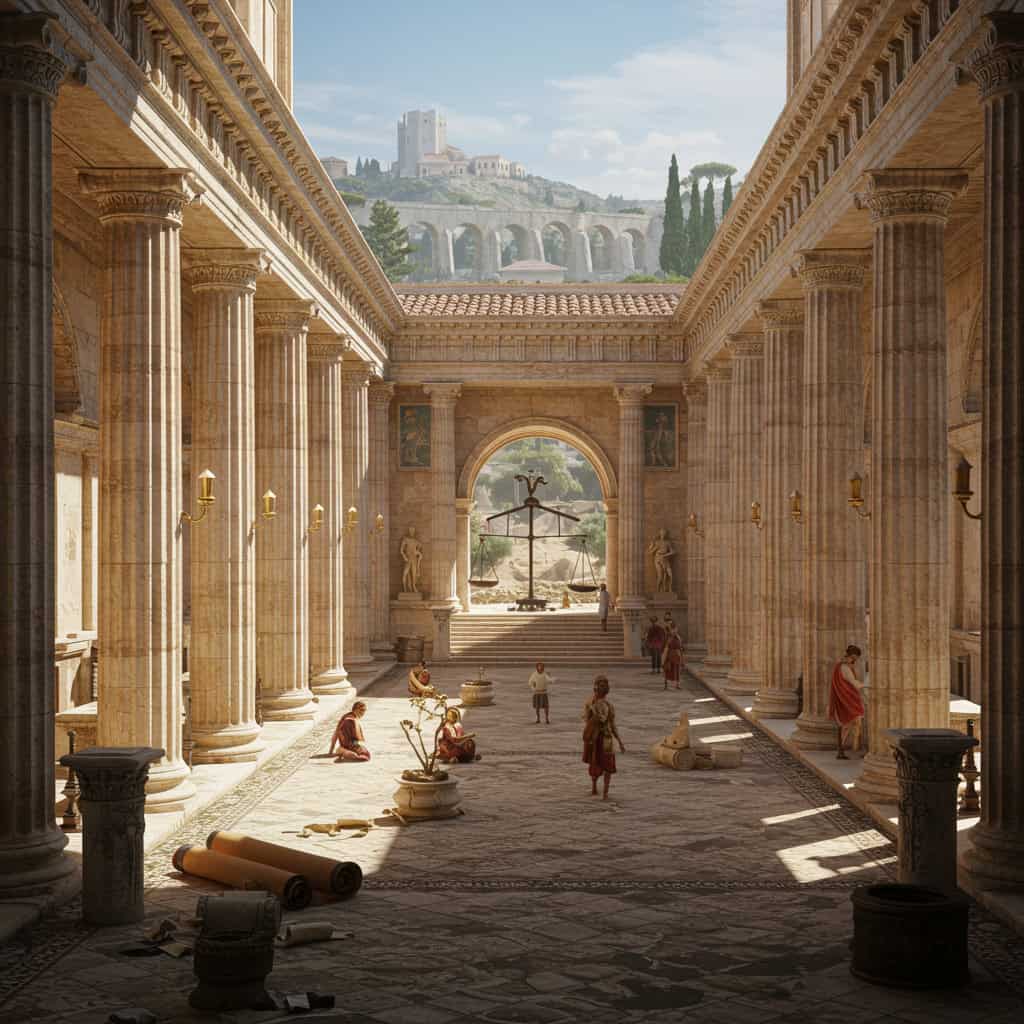
The Julio-Claudian dynasty ushered in the era of imperial Rome, beginning with Augustus in 27 BCE and ending with Nero in 68 CE. This family’s reign set the precedent for centralized power, legal reforms, and the expansion of Roman infrastructure.
Their rule was marked by both unprecedented stability and notorious succession crises, influencing how imperial authority was exercised and transferred. The dynasty’s legacy profoundly shaped Western concepts of leadership, statecraft, and imperial succession. For a comprehensive overview, visit the Encyclopedia Britannica entry on the Julio-Claudian dynasty.
2. The Habsburgs (Austria and Spain)
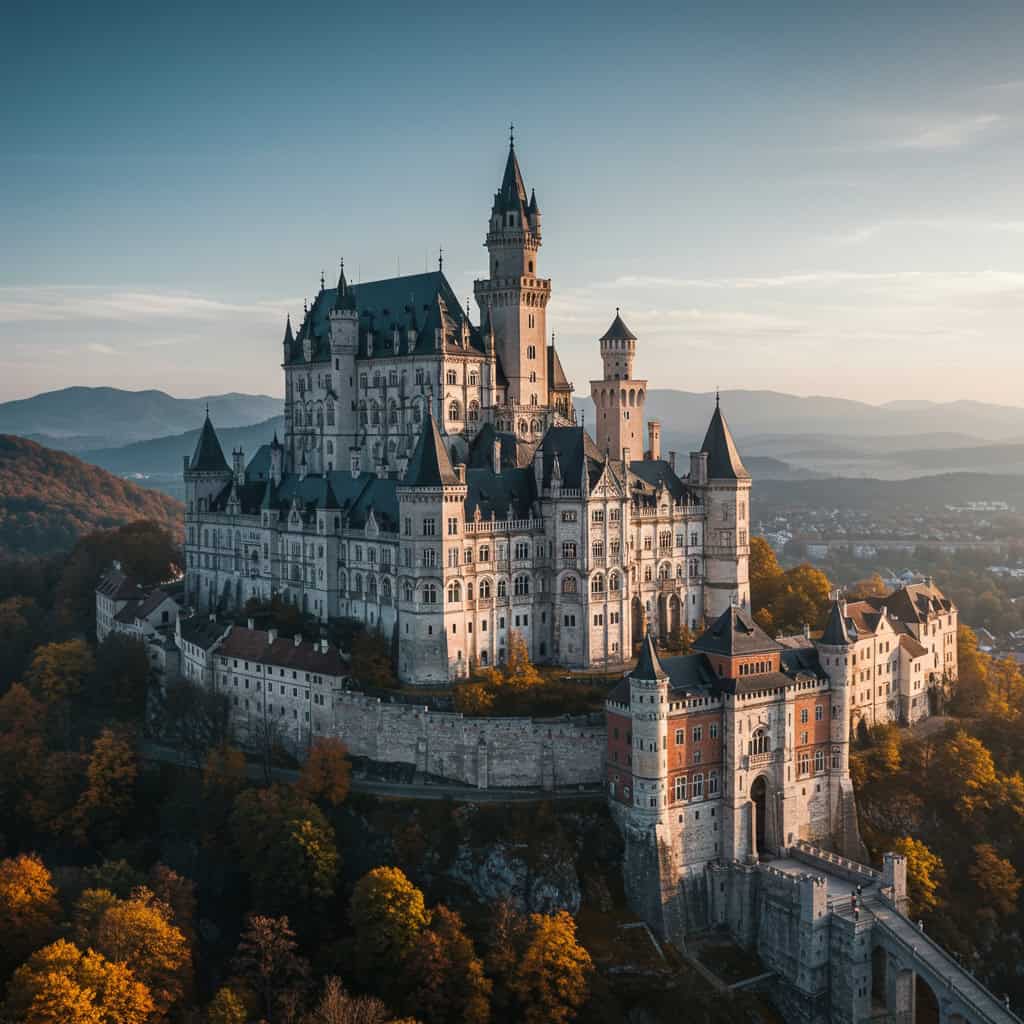
The Habsburg dynasty stands as one of history’s most enduring and influential royal families, ruling vast territories in Europe from the late Middle Ages to the early twentieth century. Through strategic dynastic marriages, the Habsburgs gained control over Spain, Austria, the Holy Roman Empire, and much of Central Europe, shaping the continent’s political and religious landscape.
Their reign saw the rise and fall of empires, and their legacy is deeply intertwined with European history. For more on their far-reaching influence, see the Encyclopedia Britannica article on the Habsburg dynasty.
3. The Tudors (England)
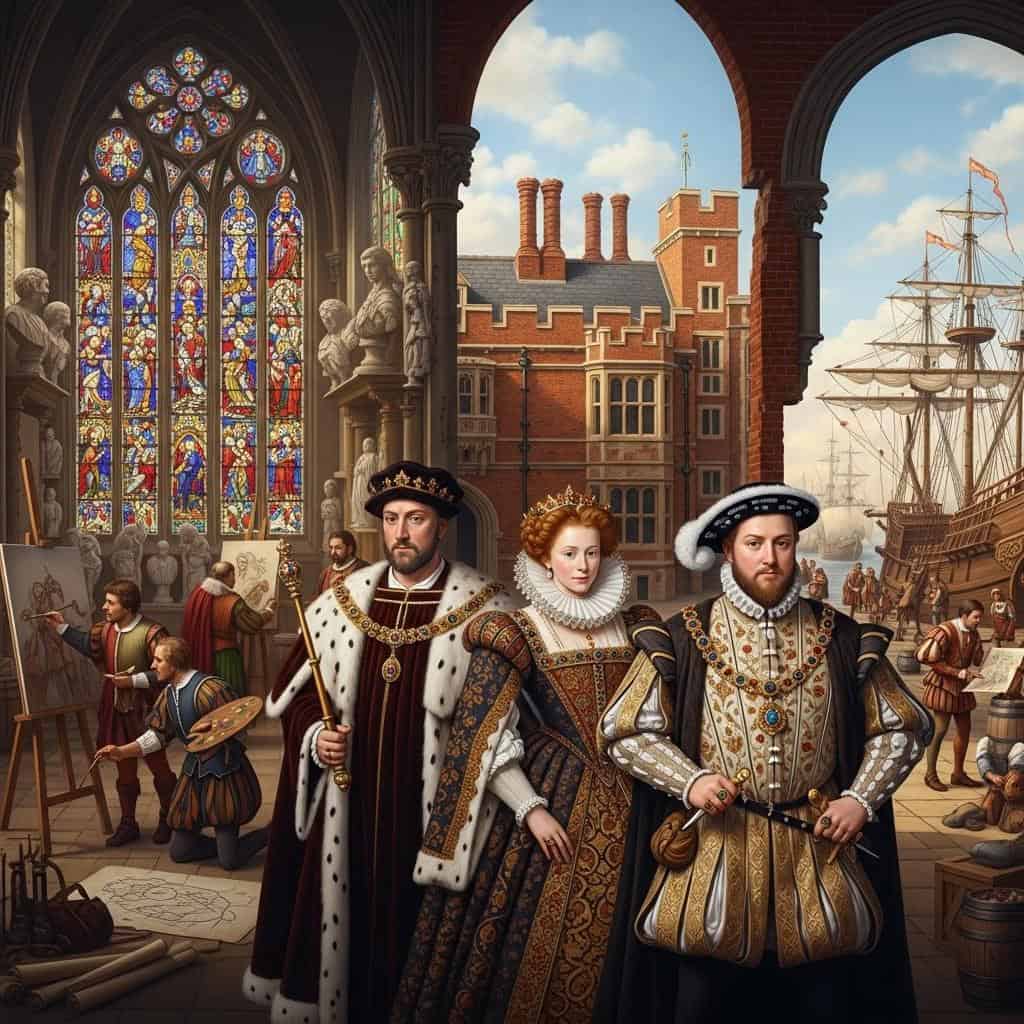
The Tudor dynasty dramatically reshaped England’s political, religious, and cultural landscape from the late 15th to early 17th centuries. Beginning with Henry VII, the Tudors ended the Wars of the Roses, consolidated royal power, and initiated profound governmental reforms.
Under Henry VIII, the English Reformation broke away from papal authority, forever altering religious life. Elizabeth I’s reign saw the flourishing of the English Renaissance, marked by advancements in literature, exploration, and the arts. The Tudors’ legacy continues to influence British identity and governance. For a detailed exploration, visit The National Archives’ guide to the Tudors.
4. The Kennedys (United States)
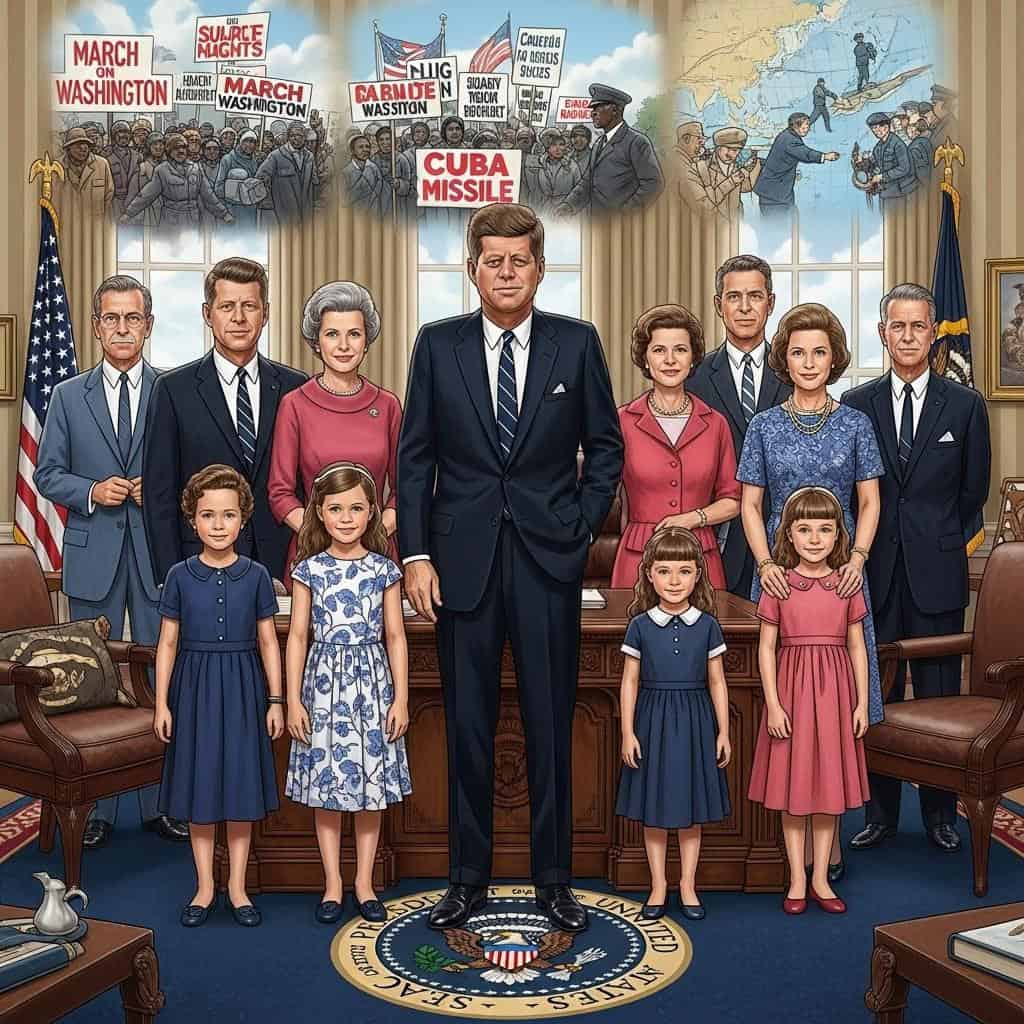
The Kennedy family is synonymous with American political life, beginning with Joseph P. Kennedy Sr.’s ambitions and culminating in John F. Kennedy’s iconic presidency. JFK’s tenure was marked by pivotal moments such as the Cuban Missile Crisis and the advancement of civil rights.
The family’s influence endured through the public service of Robert and Edward Kennedy, and later generations who held congressional and diplomatic roles. The Kennedys’ commitment to public service and advocacy continues to shape the Democratic Party and national discourse. Learn more about their remarkable legacy at History.com’s Kennedy Family page.
5. The Nehru-Gandhi Family (India)
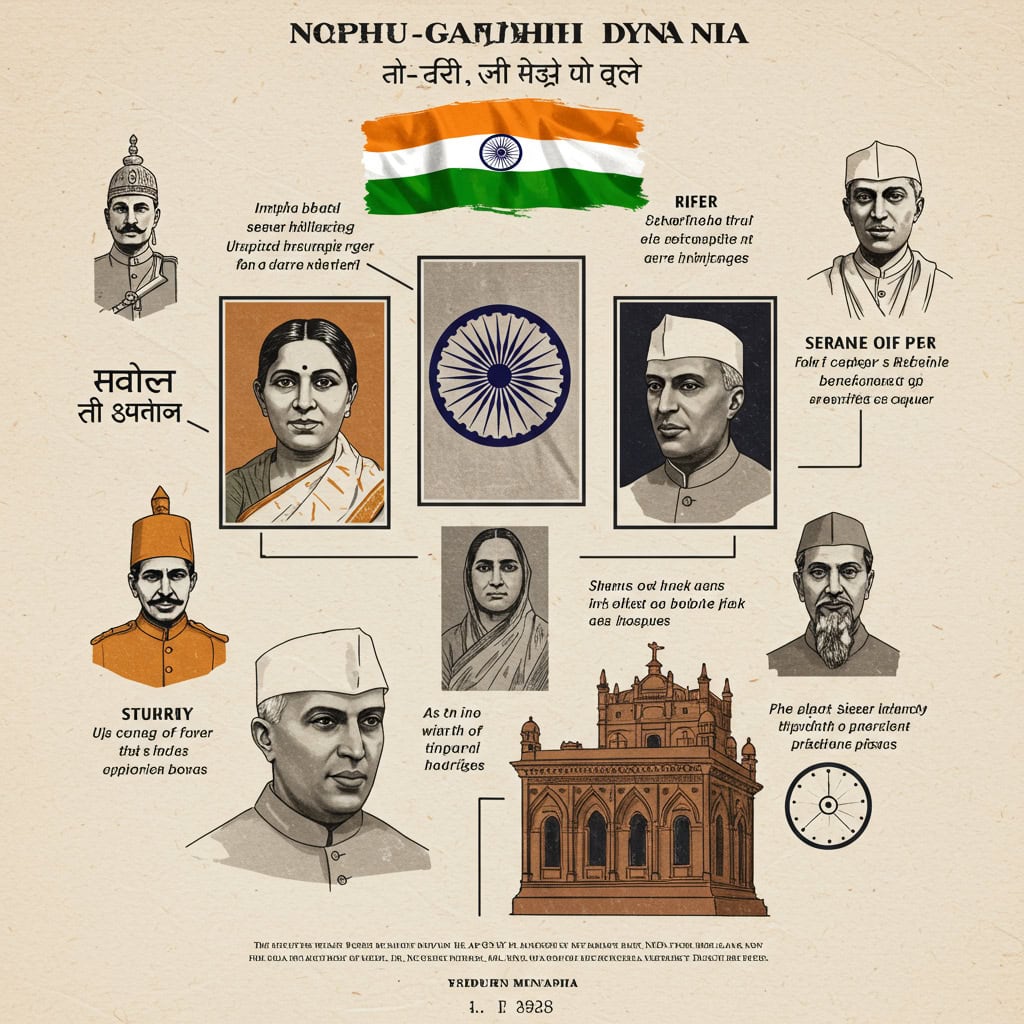
The Nehru-Gandhi family has been at the heart of Indian politics since the country’s independence. Jawaharlal Nehru, India’s first Prime Minister, laid the foundations for a secular, democratic republic. His daughter, Indira Gandhi, became the nation’s first female prime minister, steering India through tumultuous times and shaping its domestic and foreign policy.
Rajiv Gandhi continued the family legacy, modernizing the nation and promoting technological advancement. Successive generations remain influential within the Indian National Congress, ensuring the family’s enduring role in Indian political life. For further insights, visit the Encyclopedia Britannica’s Nehru-Gandhi family overview.
6. The Bush Family (United States)
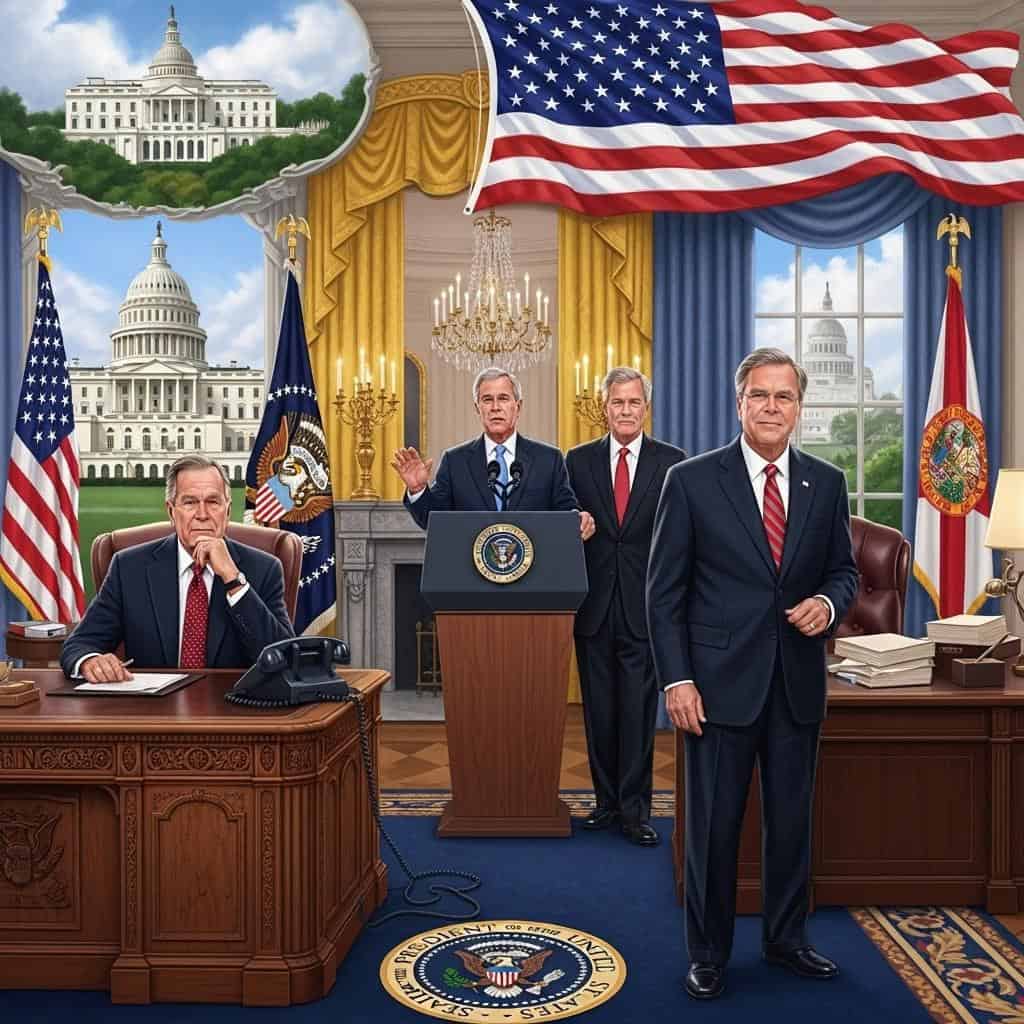
The Bush family has played a pivotal role in shaping modern American politics, producing two U.S. presidents—George H. W. Bush and his son George W. Bush. Their influence extends beyond the White House, with Jeb Bush serving as governor of Florida and other family members holding prominent government positions.
The Bushes are known for their commitment to public service, foreign policy expertise, and impact on the Republican Party’s direction. Their legacy continues to spark discussion about political dynasties in America. For a comprehensive account of their contributions, visit CNN’s Bush family dynasty article.
7. The Kim Dynasty (North Korea)
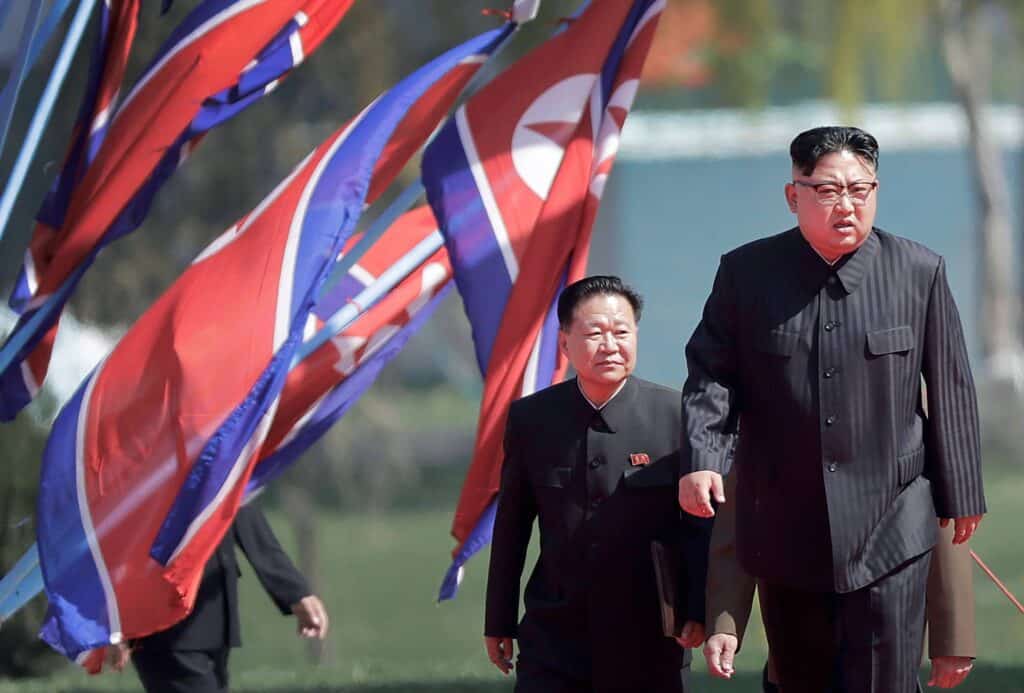
The Kim dynasty has maintained absolute power in North Korea for over seven decades, beginning with Kim Il Sung’s founding of the Democratic People’s Republic in 1948. His son, Kim Jong Il, and grandson, Kim Jong Un, have upheld a regime marked by strict centralized control, cult of personality, and isolationist policies.
The family’s leadership has profoundly shaped North Korea’s domestic life and its fraught relations with the world, especially regarding nuclear tensions and regional stability. Their dynastic rule remains central to understanding the country’s political structure. For an in-depth profile, visit the BBC’s guide to North Korea’s ruling family.
8. The Bonaparte Family (France)
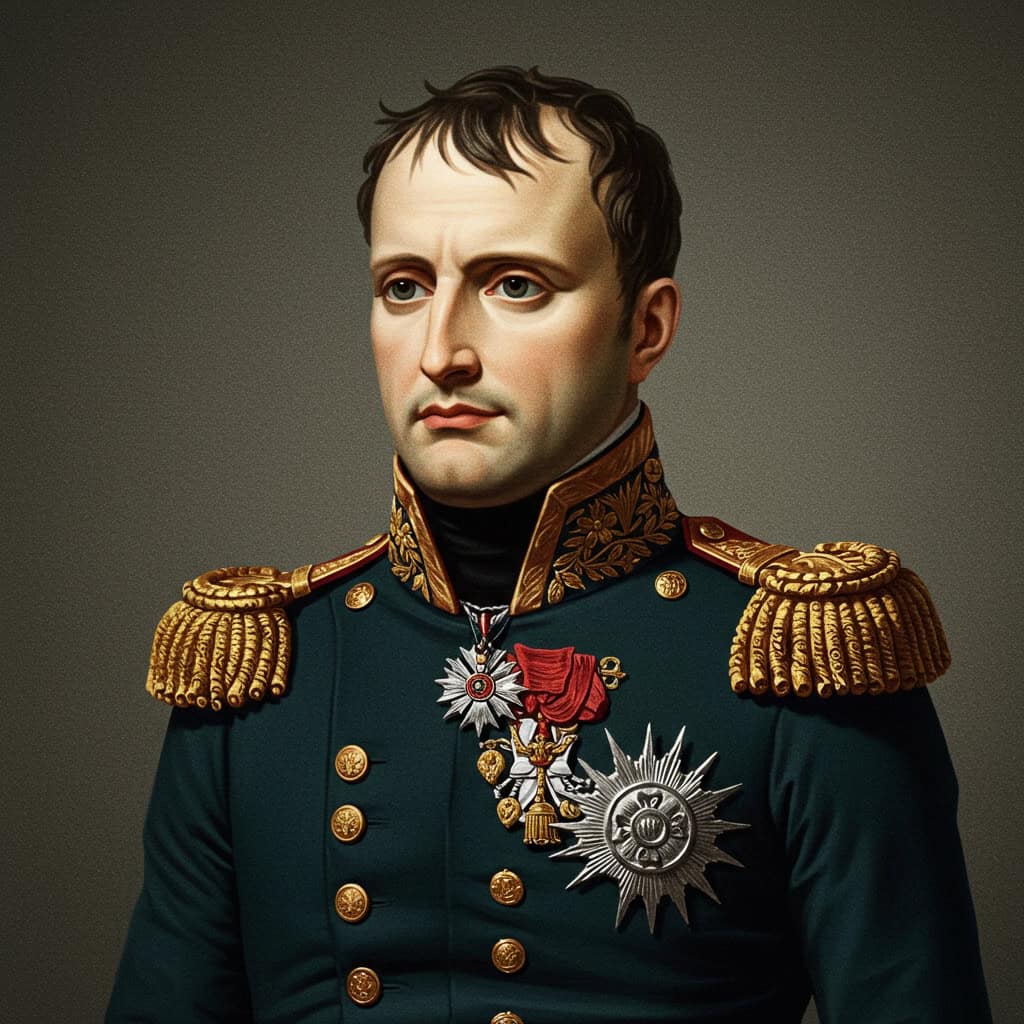
The Bonaparte family dramatically altered the course of European history through their rise to imperial power. Napoleon Bonaparte’s ascent from military general to Emperor of the French marked the beginning of a new era, with sweeping reforms across law, administration, and society.
His siblings and relatives were installed on various European thrones, extending the family’s influence. The dynasty’s ambitions resurfaced with Napoleon III, who established the Second French Empire and ruled until 1870. The Bonapartes’ legacy endures in France’s legal and political institutions. For more information, see the Encyclopedia Britannica article on the Bonaparte family.
9. The Medici Family (Florence, Italy)
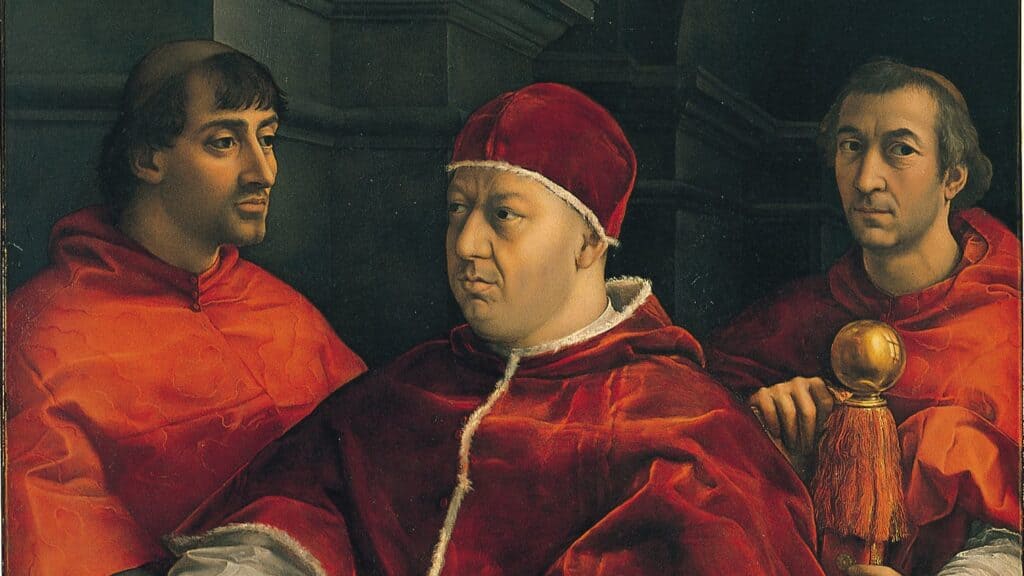
The Medici family rose from banking prominence to become the de facto rulers of Florence, profoundly influencing politics, culture, and economics during the Renaissance. Through strategic alliances and astute governance, the Medicis held power for centuries, producing four popes and two queens of France.
Their legendary patronage of artists such as Michelangelo and Leonardo da Vinci fostered a flourishing of art and humanism that defined the era. The Medici legacy is inseparable from the Renaissance’s transformation of Europe. To learn more about their extraordinary impact, visit the Encyclopedia Britannica entry on the Medici family.
10. The House of Windsor (United Kingdom)
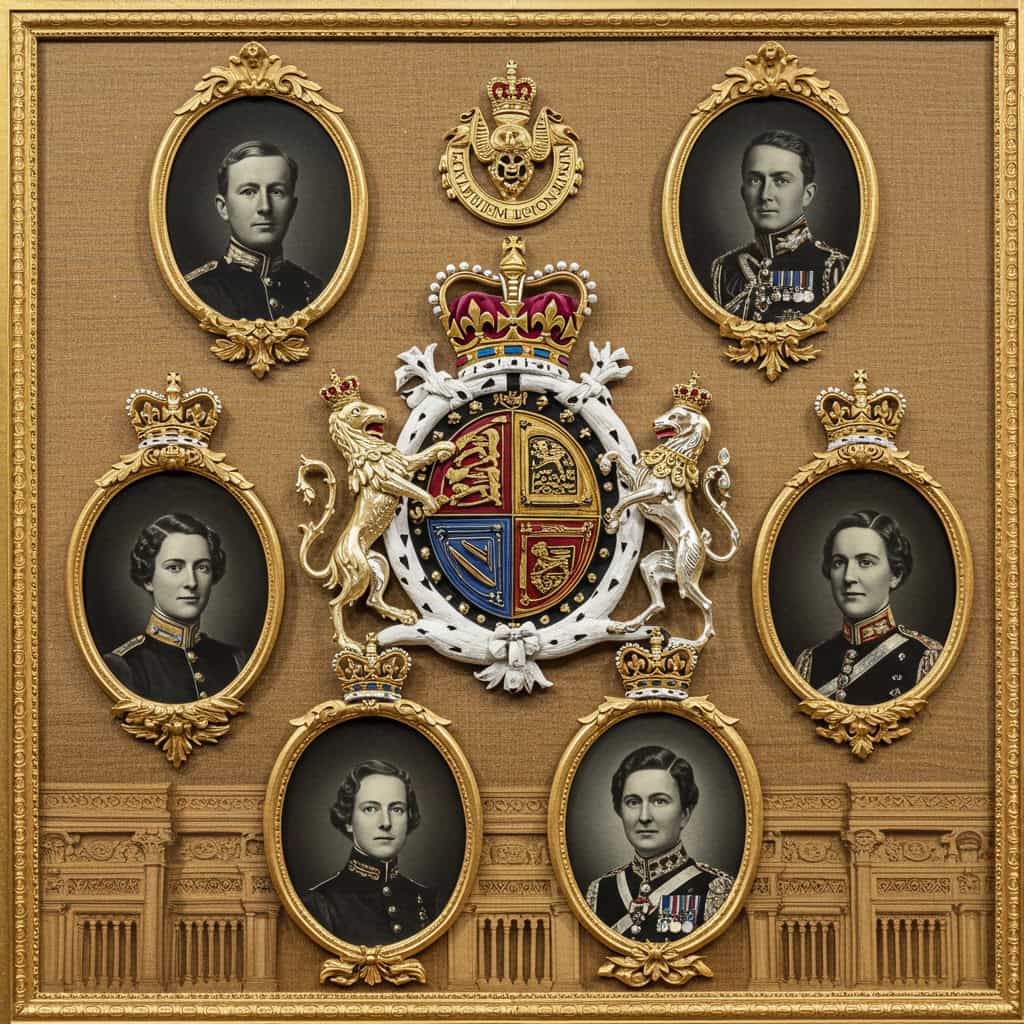
The House of Windsor has been the reigning royal family of the United Kingdom since 1917, adapting through dramatic social and political changes. Under monarchs like George VI, Elizabeth II, and Charles III, the Windsors have maintained the monarchy’s relevance through public engagement, charitable work, and modernization of royal traditions.
Despite challenges and scrutiny, the family remains a symbol of national unity and continuity, playing a significant role in British identity and global diplomacy. For more about their evolving legacy and current members, visit the official Royal Family website.
11. The Pahlavi Dynasty (Iran)
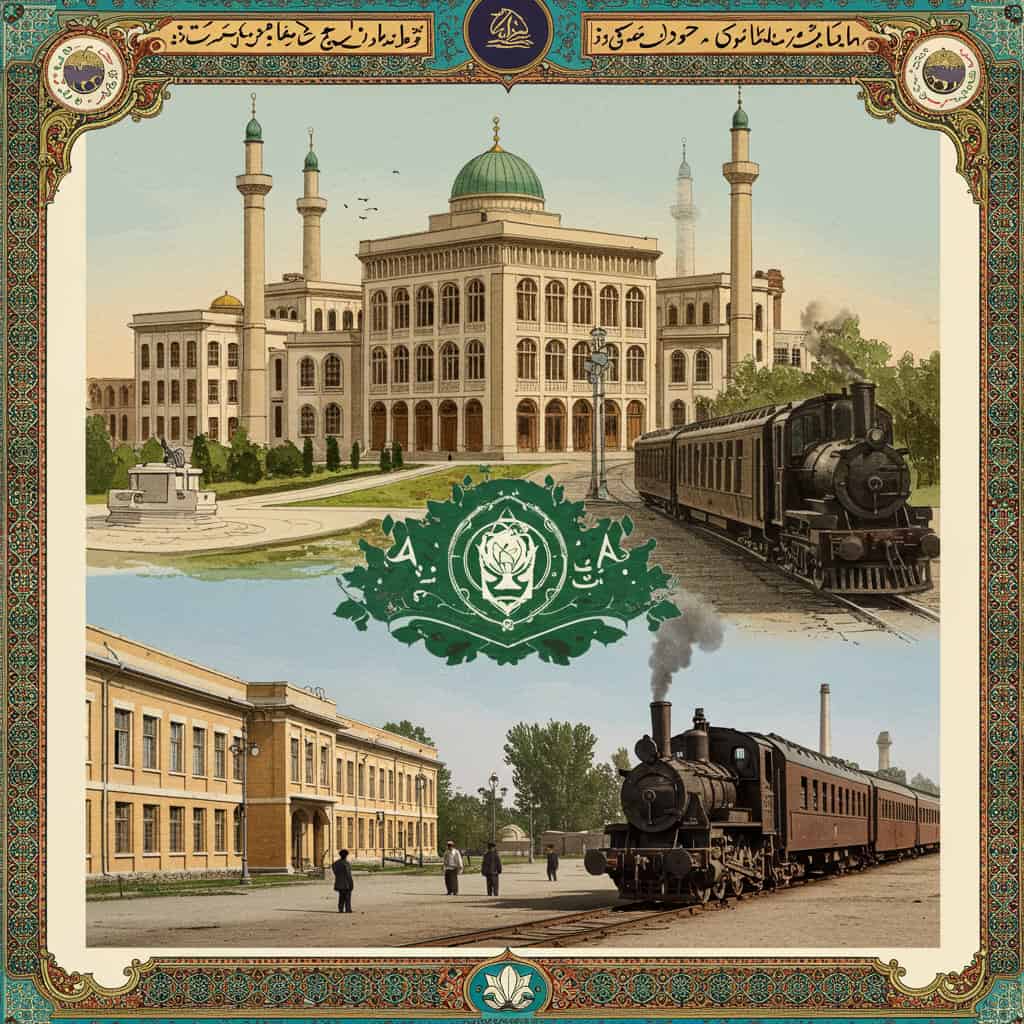
The Pahlavi dynasty played a pivotal role in Iran’s twentieth-century transformation, beginning with Reza Shah’s rise to power in 1925. Through sweeping reforms, the Pahlavis pursued modernization, secularization, and the centralization of authority, dramatically altering Iranian society and infrastructure.
Mohammad Reza Shah’s reign ended abruptly with the 1979 Islamic Revolution, leading to the monarchy’s dissolution and the family’s exile. Despite their fall from power, members of the Pahlavi family remain influential voices in Iranian diaspora communities, shaping debates on Iran’s future. For a historical overview, see the Encyclopedia Britannica article on the Pahlavi dynasty.
12. The Lee Family (Singapore)
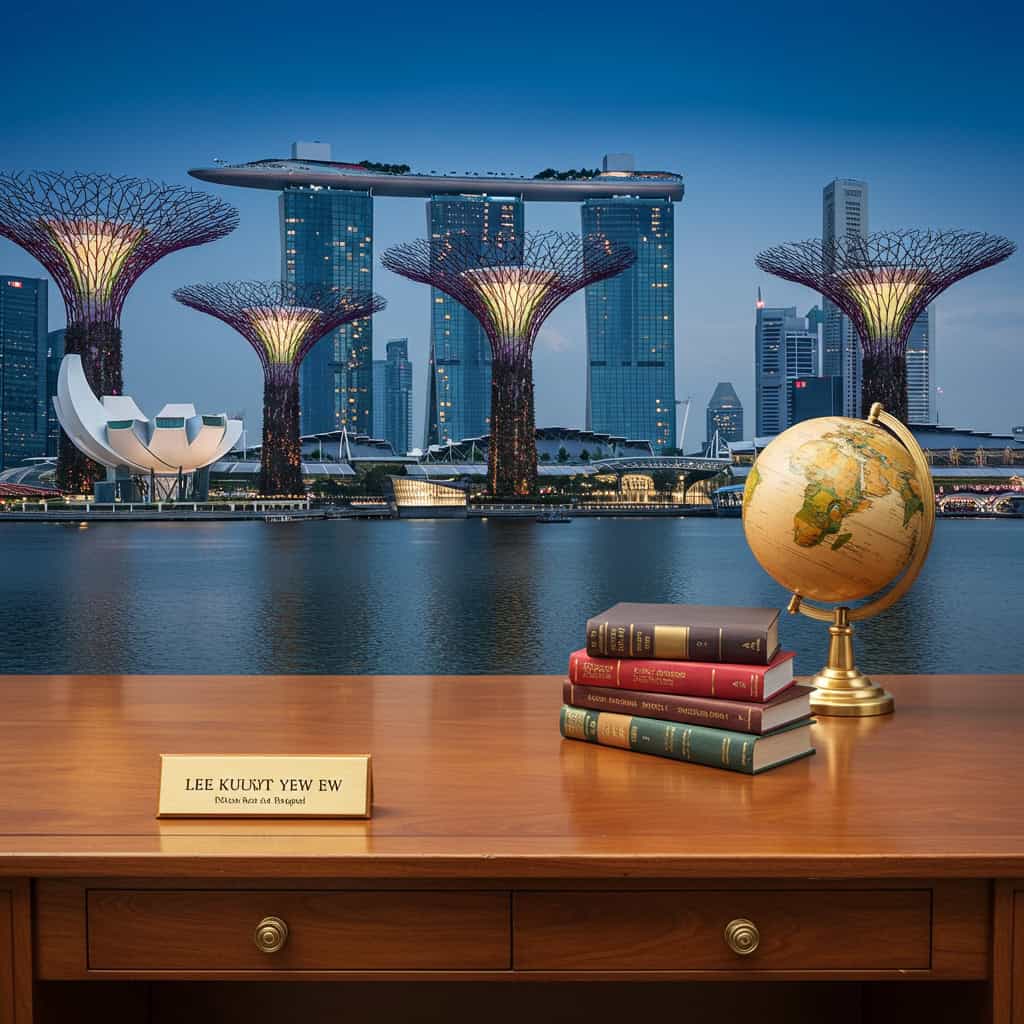
The Lee family has been instrumental in shaping modern Singapore, beginning with Lee Kuan Yew, the nation’s founding Prime Minister. Lee Kuan Yew’s visionary leadership guided Singapore from colonial rule to independence, transforming the city-state into a global economic powerhouse through policies emphasizing meritocracy, education, and international trade.
His son, Lee Hsien Loong, has continued the family’s political legacy as Prime Minister, steering Singapore through the challenges of globalization and technological change. The Lees’ enduring influence highlights the importance of stable governance in Singapore’s remarkable development. For more on their contributions, visit the Encyclopedia Britannica biography of Lee Kuan Yew.
13. The Gandhi Family (India, pre-independence)
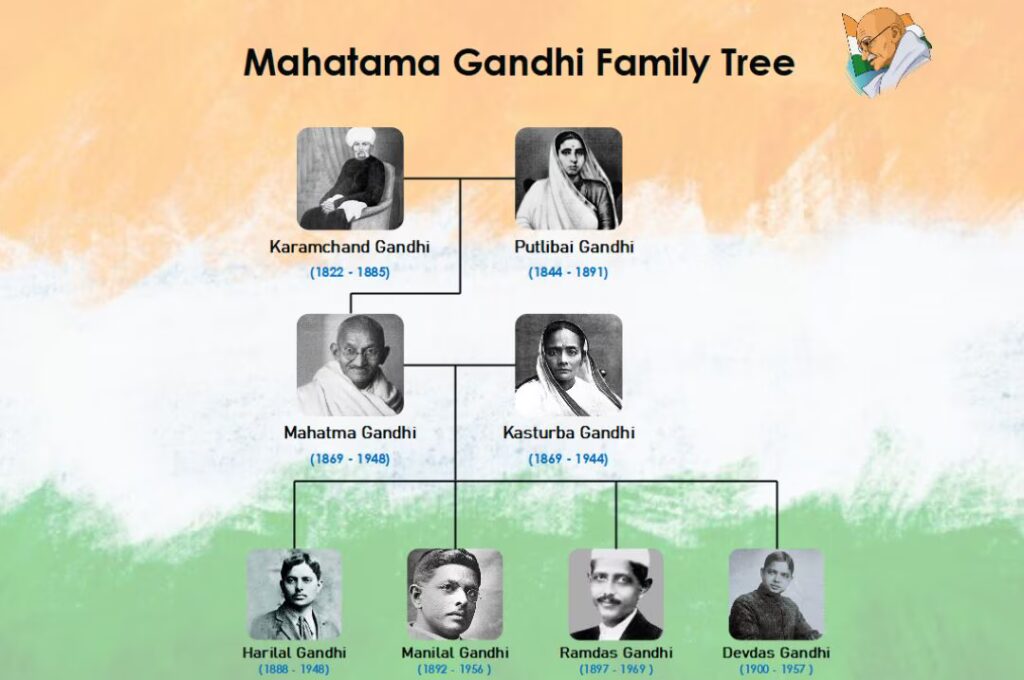
The Gandhi family, led by Mahatma Gandhi, played a central role in India’s struggle for independence from British rule. Distinct from the later Nehru-Gandhi political dynasty, Mahatma Gandhi’s philosophy of nonviolent resistance inspired mass mobilization and civil disobedience campaigns.
His relatives, including his son Harilal and other family members, also participated in the movement, amplifying his ideals across the subcontinent. The Gandhis’ enduring legacy lies in their commitment to social justice, nonviolence, and national unity, shaping not only India’s destiny but also influencing global civil rights movements. Learn more about Mahatma Gandhi’s life and family at Encyclopedia Britannica.
14. The Bhutto Family (Pakistan)
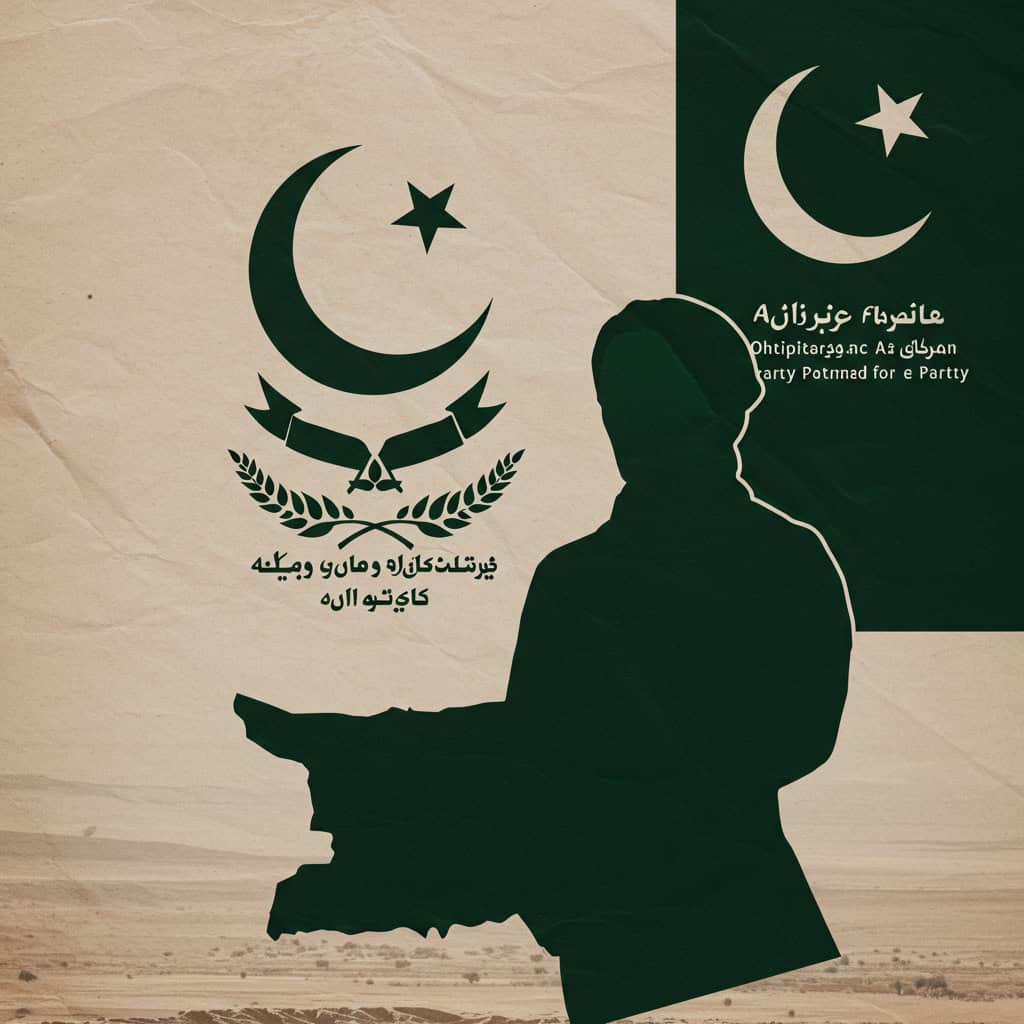
The Bhutto family has been a powerful force in Pakistani politics for decades, beginning with Zulfikar Ali Bhutto, founder of the Pakistan Peoples Party (PPP) and former Prime Minister. His daughter, Benazir Bhutto, became the first woman to lead a Muslim-majority nation, symbolizing hope and progress for many.
The Bhuttos’ leadership has been marked by both visionary reforms and significant controversy, including political turmoil, tragic assassinations, and allegations of corruption. Despite these challenges, their legacy endures in the ongoing influence of the PPP and the continued involvement of Bhutto descendants in public life. For a detailed account, see the BBC’s profile of the Bhutto family.
15. The Clinton Family (United States)

The Clinton family has left a significant mark on American politics over recent decades. Bill Clinton’s presidency (1993-2001) was characterized by economic growth, welfare reform, and global diplomacy, alongside political scandals that captured national attention.
Hillary Clinton expanded the family’s influence, serving as First Lady, U.S. Senator from New York, Secretary of State, and the first female major-party presidential nominee in 2016. The Clintons remain active in public life through philanthropy, advocacy, and ongoing political engagement. Their legacy is notable for both policy achievements and the evolving role of political families in the United States. For more, visit the Encyclopedia Britannica biography of Bill Clinton.
16. The House of Saud (Saudi Arabia)
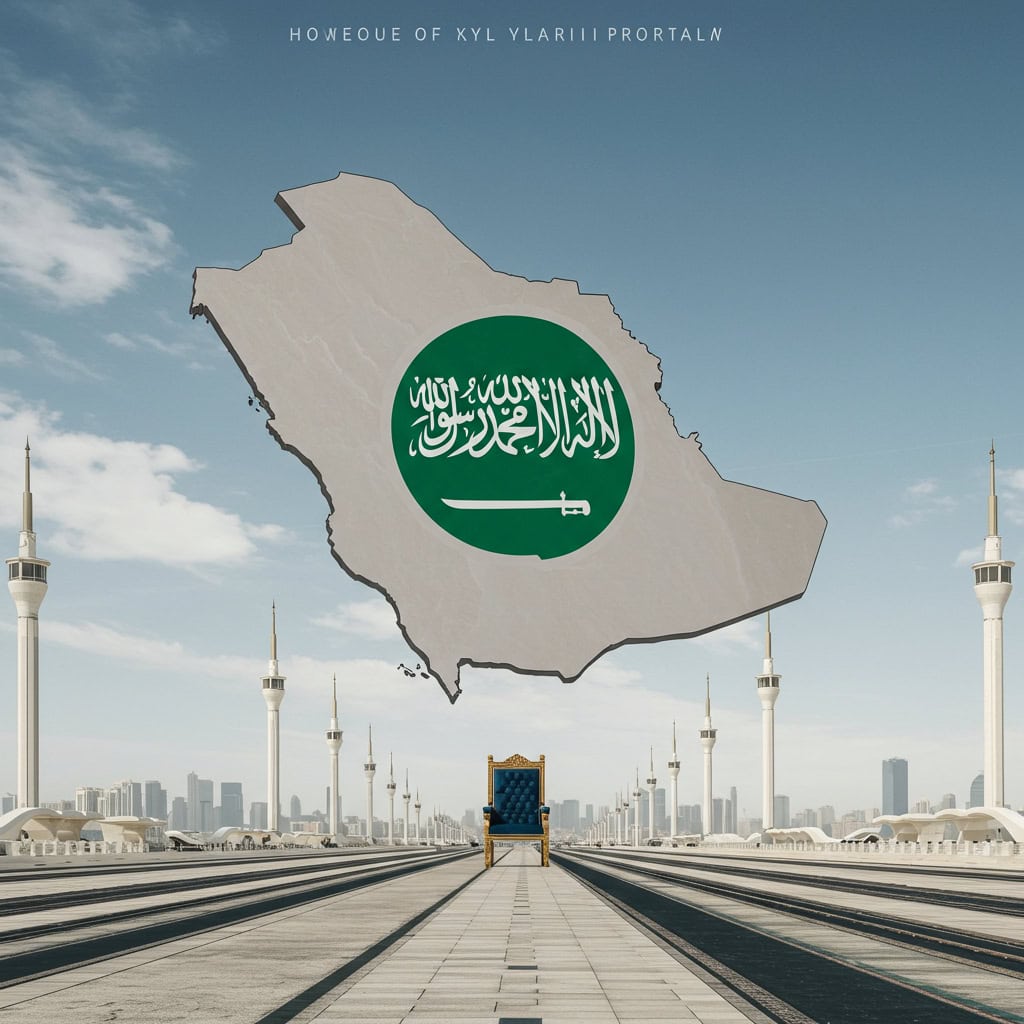
The House of Saud has ruled Saudi Arabia since its establishment in 1932 by Abdulaziz Ibn Saud. This dynasty unified the Arabian Peninsula and laid the foundation for a modern state anchored by vast oil reserves, transforming the nation into a global economic powerhouse.
The family’s grip on political and religious authority remains unchallenged, with successive kings shaping the kingdom’s domestic policies and international alliances. The House of Saud’s influence extends far beyond its borders, making it a pivotal player in Middle Eastern and global geopolitics. For a historical overview, see Encyclopedia Britannica’s history of Saudi Arabia.
17. The Marcos Family (Philippines)
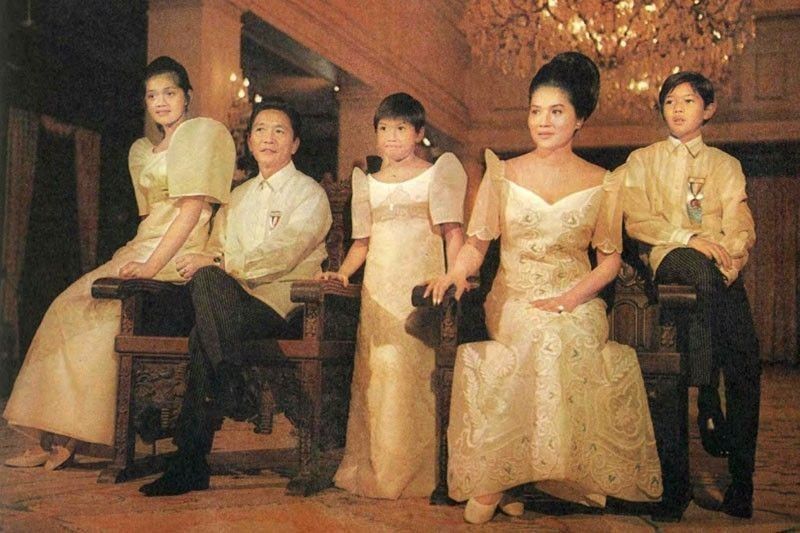
The Marcos family has played a contentious yet enduring role in Philippine politics. Ferdinand Marcos’ presidency (1965-1986) was marked by the imposition of martial law, widespread human rights abuses, and allegations of massive corruption. His wife, Imelda Marcos, became infamous for her extravagant lifestyle and influence.
Despite being ousted during the 1986 People Power Revolution, the family has staged a remarkable political comeback, with members returning to influential positions, including their son Bongbong Marcos’ election as president in 2022. The Marcos legacy remains a subject of debate, symbolizing both authoritarian excess and the resilience of political dynasties. For more, visit the Encyclopedia Britannica biography of Ferdinand Marcos.
18. The Kims of Vietnam (Nguyen Dynasty)
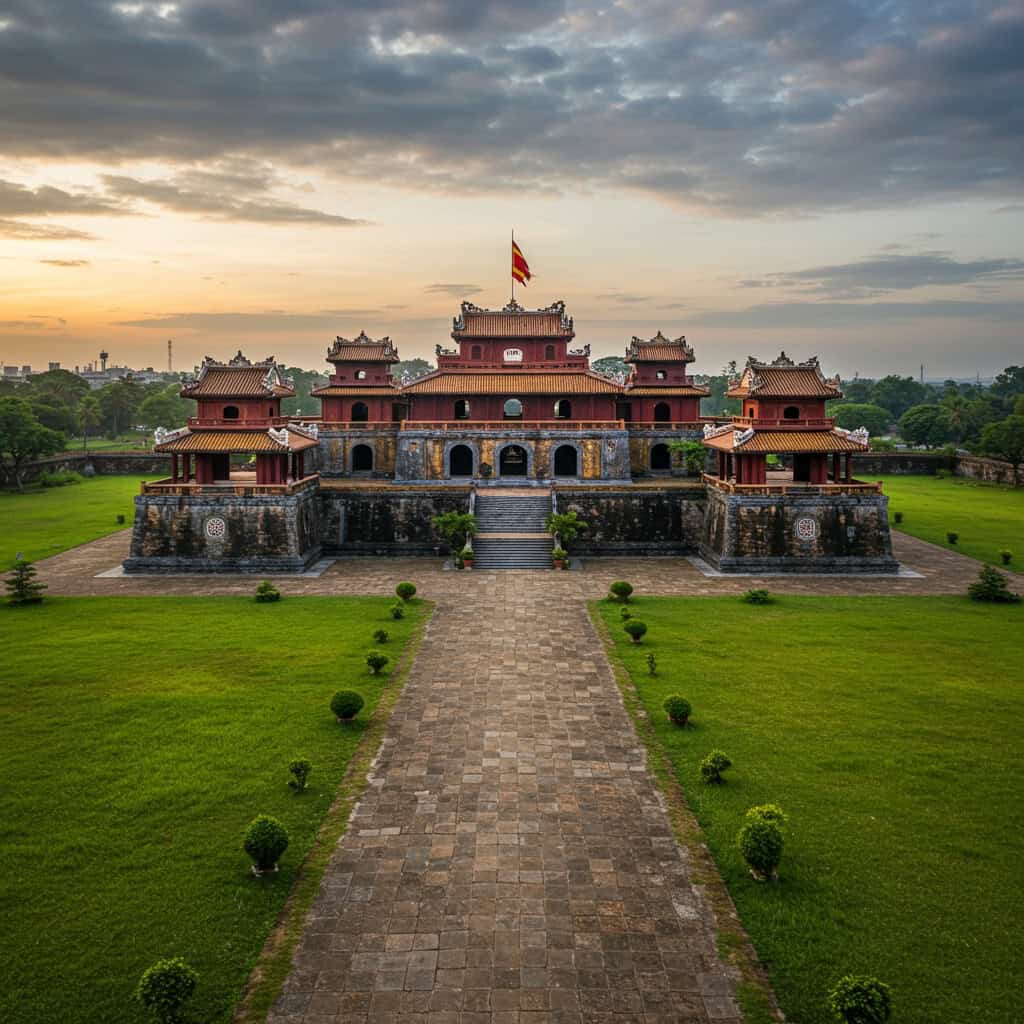
The Nguyen dynasty, often referred to as the Kims in Western sources, unified Vietnam in the early 19th century under Emperor Gia Long. Ruling from 1802 to 1945, the Nguyens presided over a period of remarkable administrative centralization, cultural flourishing, and territorial expansion.
Despite enduring French colonial domination and complex interactions with Western powers, the dynasty maintained significant influence over Vietnamese society and tradition. The Nguyen legacy persists in Vietnam’s architecture, literature, and Confucian-inspired governance. For more details on their profound impact, visit the Encyclopedia Britannica article on the Nguyen dynasty.
19. The Roosevelt Family (United States)
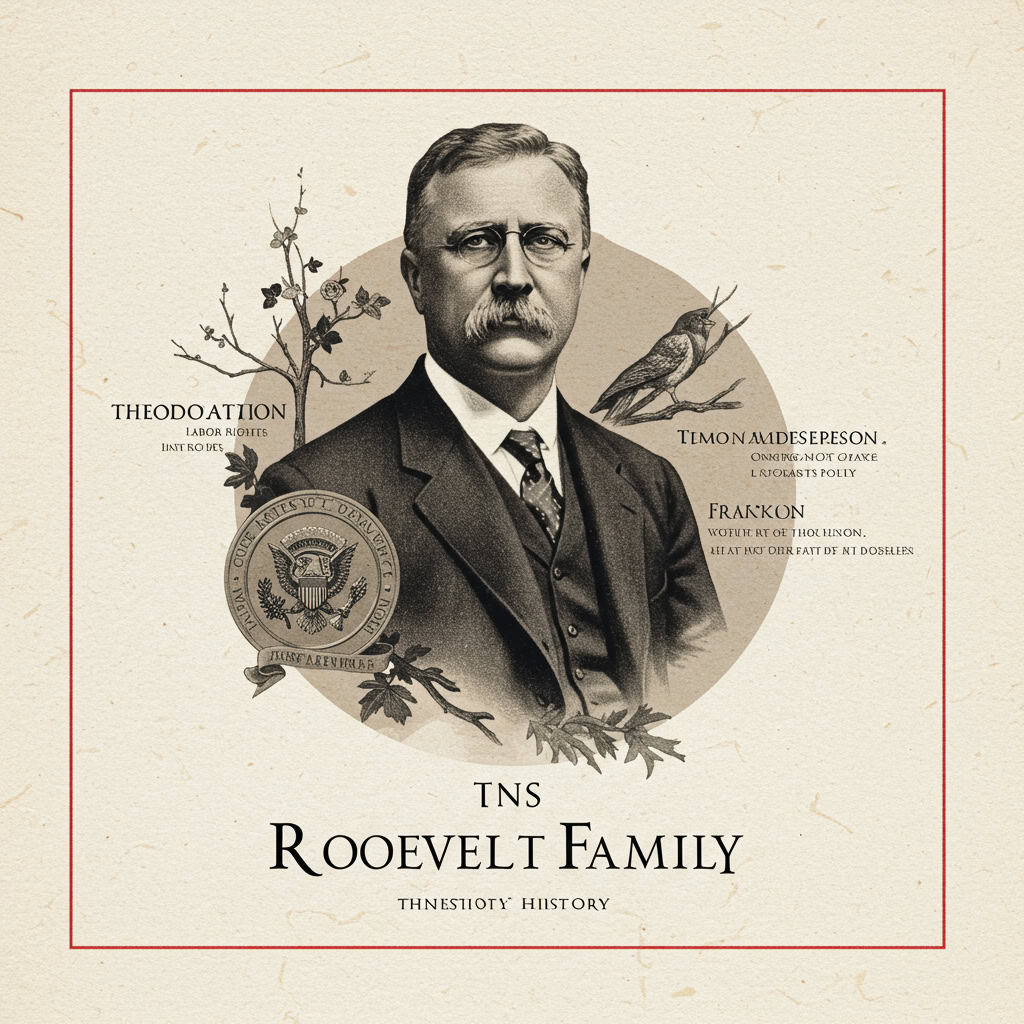
The Roosevelt family produced two of the most transformative presidents in U.S. history. Theodore Roosevelt’s presidency (1901-1909) ushered in the Progressive Era, with sweeping reforms in conservation, labor rights, and antitrust policy.
His distant cousin, Franklin D. Roosevelt, led the nation through the Great Depression and World War II, implementing the New Deal and redefining the role of government in American life. The Roosevelts’ bold leadership and enduring reforms left a profound legacy on U.S. social policy, political ideals, and international stature. To explore their contributions further, visit the History.com’s Roosevelt Family page.
20. The Romanovs (Russia)
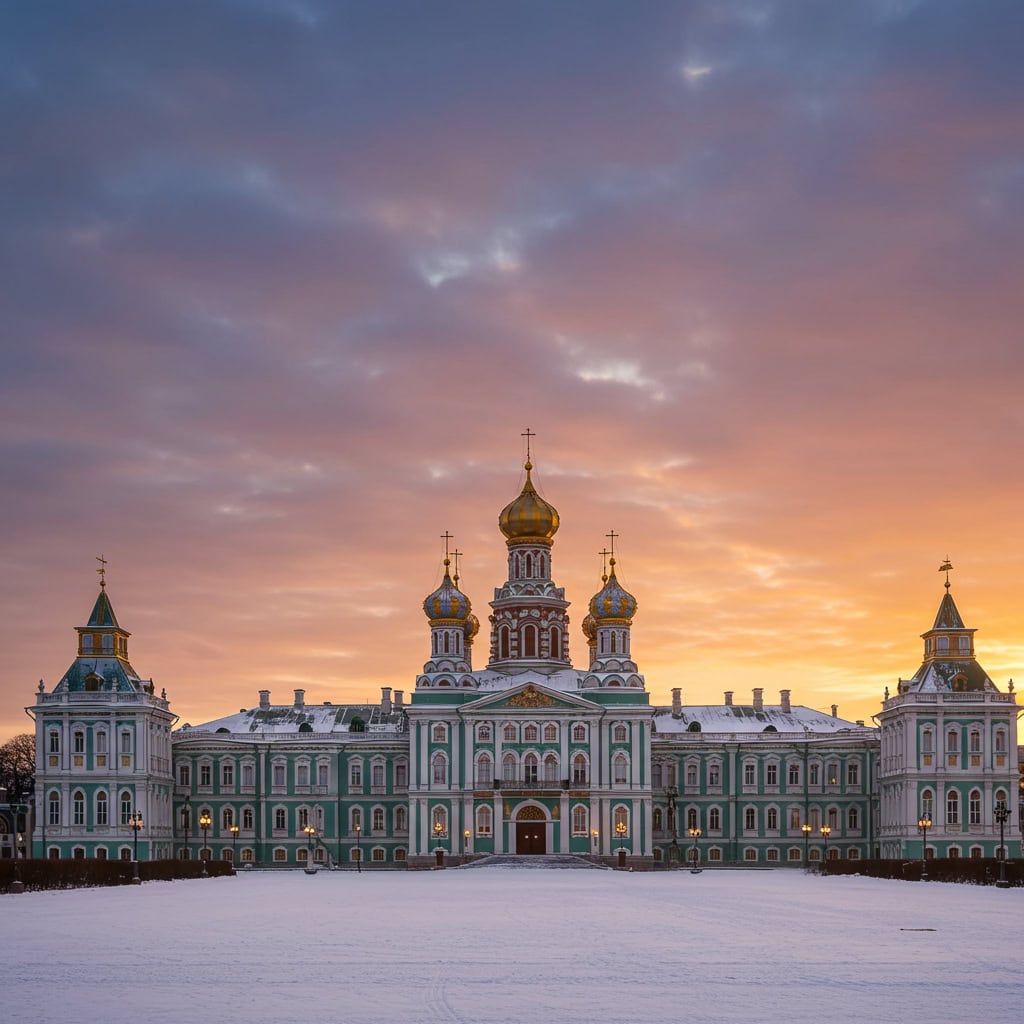
The Romanov dynasty presided over Russia for more than 300 years, from 1613 until the Russian Revolution in 1917. Under their reign, Russia expanded into a vast Eurasian empire, influencing European politics, culture, and military affairs.
The Romanovs’ rule saw periods of both reform and repression, culminating in the dramatic execution of Tsar Nicholas II and his family during the Bolshevik Revolution. The tragic end of the Romanovs continues to captivate historians and the public alike, symbolizing the dramatic upheaval of Russian society. For a comprehensive account, visit the Encyclopedia Britannica article on the Romanov dynasty.
Enduring Legacies and Their Modern Echoes
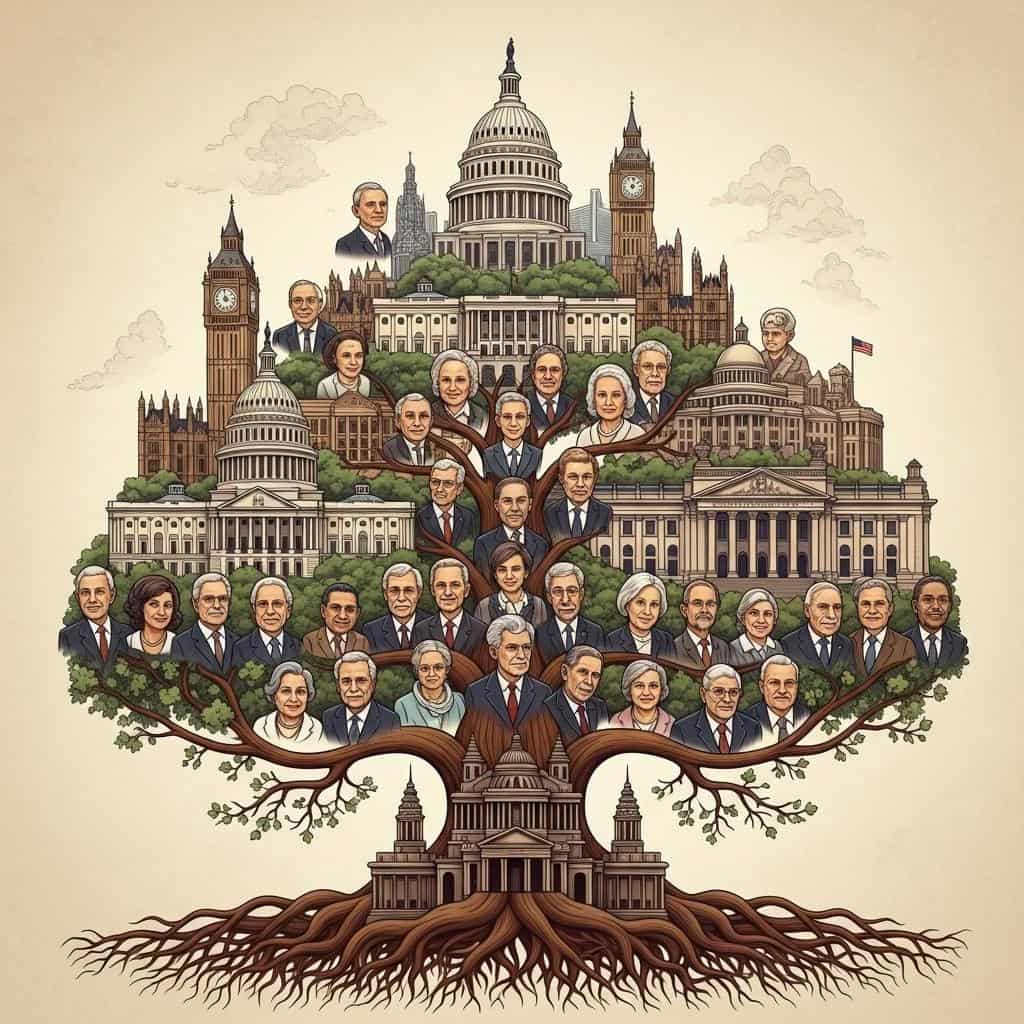
The influence of political dynasties remains palpable in today’s world, as many current leaders and institutions trace their roots to these historic families. Their legacies continue to inform governance styles, policy decisions, and public expectations, illustrating the enduring pull of lineage and tradition. While some dynasties have faded, their stories shape how societies perceive authority and succession. To explore how these legacies persist in contemporary politics, see this analysis from Brookings Institution and BBC News.






